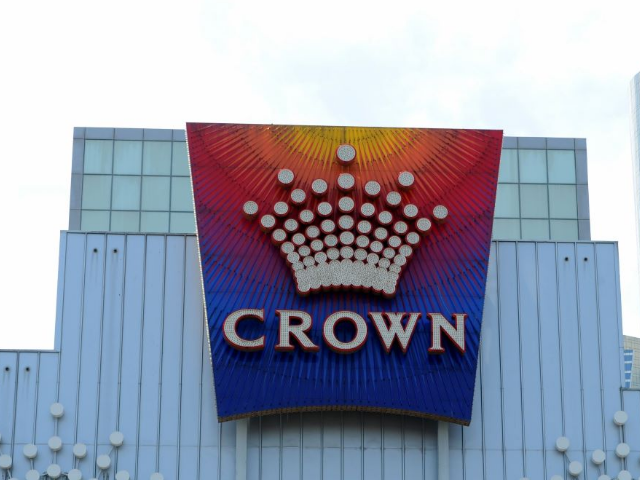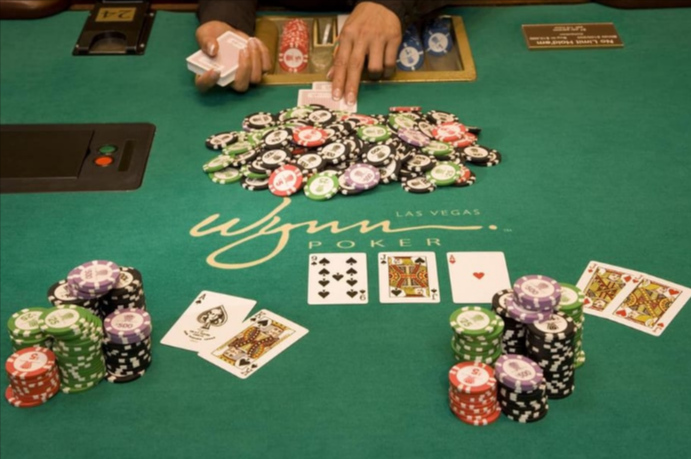After a six-year hiatus, one of the most iconic poker series in the Southern Hemisphere is set to return in 2026. Crown Melbourne has confirmed that the Aussie Millions will be back in April, promising a hefty AU$14 million prize pool and reigniting global interest in Australian poker.
Held from April 24 to May 10, the 18-event series will once again attract both amateur grinders and seasoned pros, offering buy-ins from AU$1,500 to AU$25,000. The headline AU$10,000 Main Event is expected to be the crown jewel, drawing elite international competition back to Melbourne’s gaming floors.
A Long-Awaited Homecoming
It’s been a while — six years, in fact — since the Aussie Millions last graced Crown’s poker room.
The cancellation in 2020 due to the pandemic was only part of the story. Regulatory turbulence and a storm of fines meant Crown Melbourne had more than cards on its table. Now, with things steadied and the spotlight refocused, Crown is aiming to restore its most famous tournament’s former glory.
Crown Melbourne CEO Ed Domingo didn’t mince words. “We are thrilled to be welcoming the Aussie Millions back to Crown Melbourne,” he said. His sentiment was clear — this isn’t just poker’s return, it’s the property’s.

A History Etched in Felt
Back in July 1998, Crown hosted the first event under the name Crown Australian Poker Championship. A humble beginning, but by 2001, the event had a new name and a fixed January slot. The Aussie Millions became a key date on poker’s international calendar, especially during the online poker explosion in the early 2000s.
This wasn’t just another tournament. It grew into a proving ground for the world’s best, with million-dollar paydays and marquee names to match.
Just one sentence here: Aussie Millions wasn’t built overnight — but its impact was felt globally.
Names That Shaped the Legacy
The list of past champions and regulars reads like a poker hall of fame.
From Denmark’s Gus Hansen, who made headlines as the inaugural Main Event champion in 2002, to Bryn Kenney, the only American to snag a title, the winners’ circle has seen no shortage of star power.
But the event wasn’t just about winners — the fields were stacked. Regular attendees over the years included:
-
Joe Hachem, Australia’s poker ambassador and WSOP champ
-
Phil Ivey, often spotted deep in the High Rollers
-
Daniel Negreanu, whose presence always drew a crowd
-
John Juanda, Nick Petrangelo, Dan Smith — the list goes on
Each one brought international eyeballs and elite play to Melbourne year after year.
Numbers That Matter
There’s money — and then there’s poker money. Aussie Millions knows the difference.
In 2020, the last series before the hiatus, the Main Event pulled 820 entries. That year’s prize pool reached AU$8.2 million, a high watermark that showed the tournament still had pull even in a saturated poker market.
Now, the 2026 edition promises an even larger AU$14 million across 18 tournaments. That’s roughly US$9.2 million, a solid statement from a series that’s been in limbo since COVID.
| Year | Main Event Entries | Main Event Prize Pool (AU$) | Winner |
|---|---|---|---|
| 2020 | 820 | 8.2 million | Vincent Wan |
| 2016 | 732 | 7 million | Ari Engel |
| 2014 | 668 | 6.7 million | Ami Barer |
| 2007 | 747 | 7.47 million | Gus Hansen |
One-sentence paragraph: The numbers don’t lie — Aussie Millions has always punched above its weight.
Why This Matters for Poker (and Australia)
Poker’s global circuit is slowly healing post-COVID. WSOP is back. EPT is drawing crowds. And now, Aussie Millions is joining the comeback tour.
This is bigger than just one casino. It signals renewed confidence in Australia’s live gaming market. It reaffirms Melbourne’s status as a must-stop destination on the circuit. And for local players, it’s a chance to test their skills against the best without hopping on a plane.
More than anything, it gives poker players in the Asia-Pacific region something that’s been sorely missed — a flagship event on home soil.
Short paragraph: There’s also the tourism factor. Events like this fill hotel rooms, restaurants, and side tables.
What’s Different This Time?
While the structure and spirit remain largely intact, Crown Melbourne is keen to modernise the experience.
For one, the tournament series is no longer in January. Moving to late April and early May may help the Aussie Millions stand out from the cluttered international calendar.
Also, with lessons learned from past regulatory missteps, the property is expected to operate with more oversight and transparency. That includes stricter vetting, compliance checks, and revamped player services.
Don’t expect the same old show — Crown wants this to be new and improved.
One-line paragraph here: It’s poker, but with a cleaned-up backstage.
Final Thoughts From the Felt
Poker isn’t just cards and chips — it’s culture, competition, and community. The return of the Aussie Millions ticks all three boxes.
For older fans, it’s a reunion. For newcomers, it’s a rite of passage. And for Crown Melbourne, it’s a second chance.








